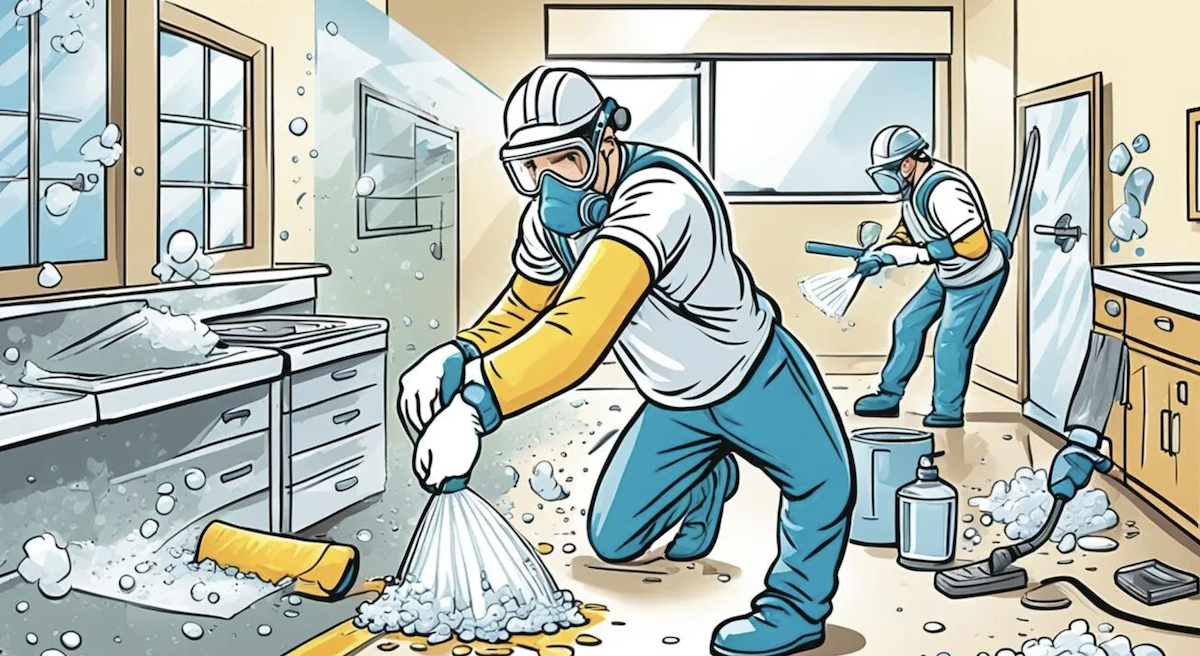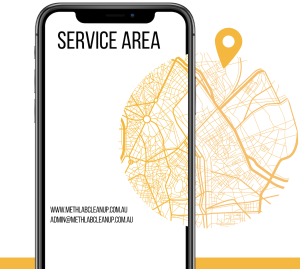
Methamphetamine, commonly known as meth or ice, is a powerful and highly addictive stimulant that has devastating effects on the body and mind. Smoking meth delivers an intense and immediate high, but it comes with severe health risks, both in the short and long term. Understanding how meth affects the body, how addiction develops, and how to identify meth use in others can help you recognise the signs and dangers of this harmful drug.
Short-Term Effects of Smoking Meth
When meth is smoked, it quickly enters the bloodstream, delivering an intense and euphoric high that can last for several hours. This is why meth is often referred to as “ice”—the sensation can be sharp, fast-acting, and powerful. However, this initial high comes with several harmful short-term effects on the body.
How Meth Makes Users Feel:
- Euphoria: Meth floods the brain with dopamine, leading to feelings of intense pleasure, confidence, and increased energy.
- Heightened Alertness: Users may feel hyper-focused, with a burst of energy that can last several hours.
- Decreased Appetite: Meth suppresses hunger, often leading to extended periods without eating.
- Increased Heart Rate: Meth causes a rapid heartbeat, leading to high blood pressure and, in some cases, heart palpitations.
- Paranoia and Anxiety: As the effects of meth wear off, users often experience increased anxiety, irritability, and paranoia.
These short-term effects can seem appealing to some, but they are just the beginning of the dangerous consequences meth has on the body.
Long-Term Effects of Smoking Meth
Prolonged meth use has devastating consequences on nearly every part of the body. Meth not only damages the brain but also has visible and destructive effects on a person’s physical health.
Long-Term Physical Effects:
- Severe Dental Problems: Commonly referred to as “meth mouth,” long-term meth use can lead to severe tooth decay, gum disease, and the loss of teeth.
- Weight Loss and Malnutrition: Meth drastically suppresses appetite, often resulting in extreme weight loss and malnutrition. Users may go days without eating, weakening their bodies and immune systems.
- Skin Sores: Meth users frequently experience skin itching and may develop sores from excessive scratching. These sores can become infected, leading to further health complications.
- Cardiovascular Damage: Prolonged meth use can cause damage to the heart and blood vessels, leading to an increased risk of heart attacks, strokes, and other cardiovascular diseases.
- Respiratory Problems: Smoking meth can cause damage to the lungs, leading to chronic respiratory issues, including difficulty breathing and lung infections.
Long-Term Mental Effects:
- Cognitive Decline: Meth use severely impacts the brain, leading to memory loss, difficulty concentrating, and impaired judgment. Long-term users may experience permanent cognitive decline.
- Psychosis: Chronic meth use can lead to psychosis, characterised by paranoia, hallucinations, and delusions. Users often report feeling like they are being watched or followed.
- Depression and Anxiety: After prolonged use, the brain’s ability to produce dopamine naturally is diminished, leading to long-term depression and anxiety. These mental health conditions can persist even after a person stops using meth.
Meth Addiction and Its Grip on Users
Meth addiction develops quickly because of how the drug interacts with the brain’s reward system. With each use, meth floods the brain with dopamine, creating a sense of euphoria that the user craves. However, the more frequently meth is used, the more the brain becomes dependent on it to feel pleasure. This leads to increased tolerance, where the user needs larger doses to achieve the same high.
As addiction takes hold, the user’s life becomes centered around obtaining and using meth, often at the expense of their health, relationships, and responsibilities. Meth addiction is incredibly difficult to overcome without professional help, as withdrawal symptoms include extreme fatigue, depression, and intense cravings for the drug.
Identifying Meth Use: Signs and Symptoms
Recognising the signs of meth use is crucial in helping someone who may be struggling with addiction. Meth affects individuals physically, mentally, and behaviourally. Here are some key indicators that someone may be using meth:
Physical Signs:
- Rapid Weight Loss: Users often experience drastic weight loss due to suppressed appetite.
- Poor Dental Hygiene (“Meth Mouth”): Look for signs of tooth decay, gum disease, or missing teeth.
- Sores or Skin Lesions: Meth users frequently develop sores from excessive scratching, and these sores may become infected.
- Dilated Pupils and Hyperactivity: Meth causes enlarged pupils and excessive energy, often followed by periods of extreme exhaustion.
Behavioural Signs:
- Increased Paranoia or Aggression: Meth users may become increasingly paranoid, anxious, or aggressive, especially during or after a binge.
- Insomnia and Restlessness: Meth users often go without sleep for extended periods and may display signs of restlessness or hyperactivity.
- Erratic Behaviour: Users may show sudden changes in behaviour, including neglecting personal responsibilities, losing interest in activities they once enjoyed, or becoming withdrawn from loved ones.
Psychological Signs:
- Hallucinations: Users may report seeing or hearing things that aren’t there or believe in delusions.
- Mood Swings: Meth users may experience drastic mood swings, alternating between euphoria and deep depression.
Seeking Help for Meth Addiction
If you suspect someone is using meth, it’s essential to approach the situation with care and compassion. Meth addiction is difficult to overcome, but recovery is possible with the right support and treatment. Encouraging professional help is a crucial step in helping someone break free from the grip of meth addiction.
If you or someone you know is struggling with meth addiction, help is available. Consider contacting the following resources for assistance:
- Alcohol and Drug Foundation: Visit www.adf.org.au or call 1300 85 85 84 for information on treatment options and support.
- Lifeline Australia: Visit www.lifeline.org.au or call 13 11 14 for 24/7 crisis support.
- National Alcohol and Other Drug Hotline: Call 1800 250 015 for confidential advice and support.
Conclusion
Smoking meth has severe short-term and long-term effects on the body and mind, and meth addiction can quickly take over a user’s life. Understanding the dangers of meth and recognising the signs of use can help you intervene early and potentially save a life. If you or someone you know is struggling with meth addiction, reach out to a healthcare professional or support service for guidance and assistance.
continue reading
Related Posts
- 639 words3.2 min read
We’re excited to announce the successful completion of a meth […]
- 836 words4.2 min read
The number of Australians using methamphetamine, commonly known as “meth” […]
- 424 words2.1 min read
Vestibulum ante ipsum primis in faucibus orci luctus et ultrices posuere.





